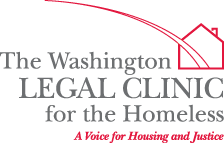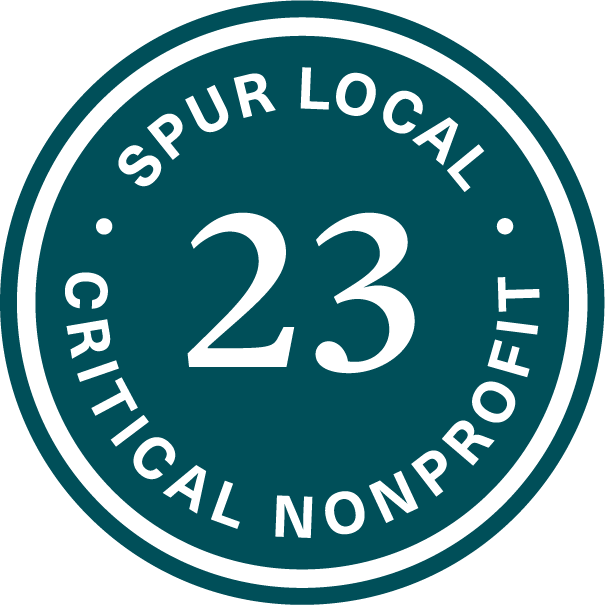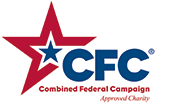The following is cross-posted from The Fair Budget Coalition’s blog, and is written by Christine Campbell of Housing Works and the DC Community Coalition and Jen Caballero of the Women’s Collective.
When people living with HIV/AIDS are compelled to wait for stable, affordable housing, the impact on their health can be severe, and even fatal. At The Women’s Collective (TWC), a former client JB, a 57-year old woman living with HIV, completed an application for a housing voucher in 2007. In June of 2010, she was hospitalized for dehydration and pneumonia, and as a result was unable to pay that month’s rent. In the fall of 2010, JB was again hospitalized to remove fluid from her lungs, and by the time she was released from the hospital she had lost her home. Due to her financial struggles and unstable housing, JB was struggling with food insecurity, lack of transportation, and the progression of her HIV. After another hospitalization in October 2010, JB died on November 23, 2010. Over five years after she completed her housing voucher application, on March 1, 2012, TWC learned that JB had came to the top of waiting list for the housing voucher that she so desperately needed. Tragically for JB, this housing voucher was too late to provide what could have been a life-saving housing intervention.
Although the Mayor’s Budget promises significant investments in affordable housing for the future, these long-term solutions do virtually nothing to address the immediate housing needs of homeless individuals, families, the elderly, and people living with HIV/AIDS. The current need for safe, decent, affordable housing in the district has reached epic proportions with over 67,000 households on the DC Housing Authority Waiting List and close to 1,000 on the HIV/AIDS Housing Waiting List. In addition, after April 12, 2013, both lists will be closed and the determination of continuing (or growing) housing needs among DC’s most vulnerable populations will be nearly impossible. The Housing First and tenant-based Local Rent Supplement rental assistance programs are key elements to addressing the urgent and immediate need for housing, and a FY 2014 budget that invested in these programs would represent a realistic approach to promoting the health and well-being of all District residents.
DC is in the midst of a severe HIV/AIDS epidemic. Approximately 2.7% of our population is living with HIV, which exceeds UNAIDS’ definition of a “generalized” epidemic of a disease prevalence greater than 1% of the population. As we strive to end the epidemic, we cannot ignore the critical role that stable housing plays in our efforts to prevent new infections and eradicate AIDS-related deaths. Prevention and care efforts that focus on changing individual behaviors cannot succeed if people do not have a safe and secure place to live. Housing reduces mortality rates by 80% and represents one of the strongest predictors of accessing HIV primary care, maintaining continuous care, and ultimately achieving an undetectable viral load. While many advances have been made in treating the disease and in preventing transmission, studies show that homelessness both decreases good health outcomes dramatically and increases transmission rates (due to increases in sex trade, exposure to sexual violence, and needle sharing practices).
No DC resident with HIV/AIDS should experience homelessness. The federally funded program, Housing Opportunity for Persons with AIDS (HOPWA), was established to fill the gap between the need and the availability of generalized low income and disability based housing programs. HOPWA was never intended to be the sole source of support for homeless people living with HIV/AIDS and cannot be expected to do so in the future. Today, people living with HIV/AIDS who are in need of permanent supportive housing are often provided the opportunity to put their names on a waitlist and nothing more. These individuals and families wait for days, months, and often years while continuing to struggle against the exacerbated health complications posed by unstable housing. As a means to correct the existing gap in housing services – and in order to do so for those who are in need today – people living with HIV/AIDS should be served by the DHS Housing First program, and a set-aside appropriation to tenant-based Local Rent Supplement Program.
The UN Universal Declaration of Human Rights, Article 25, states: “Everyone has the right to a standard of living adequate for the health and well-being of himself and of his family, including food, clothing, housing and medical care and necessary social services, and the right to security in the event of unemployment, sickness, disability, widowhood, old age or other lack of livelihood in circumstances beyond his control.” If DC really wants to “Get to Zero”, to obtain the “AIDS Free Generation”, to really end AIDS in the District, we will dedicate the resources needed to really address the housing for this population.
The Fair Budget Coalition is asking the DC Council to devote $1.25 million to the Housing First program and $2.5 million to tenant vouchers through the Local Rent Supplement Program. These investments will serve 250 homeless people with HIV/AIDS, and will completely end homelessness for all DC residents with HIV/AIDS.





